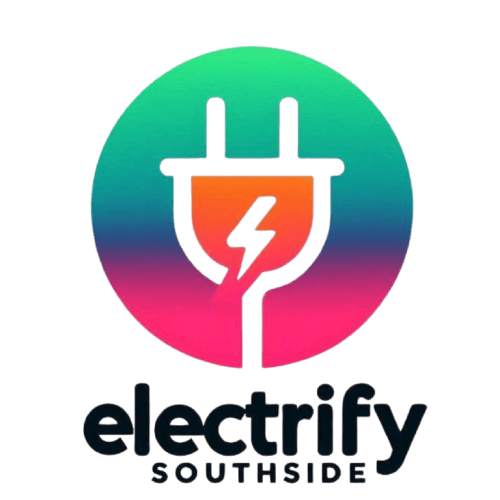The Ultimate Guide to Solar Panel Installation for Non-Profits
Understanding the Benefits of Solar Panels for Non-Profits
Switching to solar energy can significantly reduce operational costs for non-profits, allowing them to allocate more resources towards their mission. By harnessing the power of the sun, non-profits not only cut down on electricity bills but also contribute positively to the environment. The transition to solar energy can enhance the public image of these organizations, showcasing their commitment to sustainability.

Assessing Your Organization’s Solar Potential
Before jumping into installation, it’s crucial to evaluate whether your facility is suitable for solar panels. Factors such as roof size, orientation, and shading play a significant role in determining solar potential. Non-profits should conduct a thorough site assessment, ideally with the help of a solar consultant, to understand the feasibility and potential energy savings.
Key Factors to Consider
- Roof Condition: Ensure the roof is in good condition and can support the weight of solar panels.
- Sunlight Exposure: Analyze how much sunlight your rooftop receives daily.
- Local Climate: Consider how weather patterns might affect solar efficiency.

Navigating Financial Options and Incentives
One of the most significant barriers for non-profits considering solar energy is the upfront cost. However, various financial options and incentives can make solar more affordable. Grants, low-interest loans, and Power Purchase Agreements (PPAs) are popular options for non-profits.
Exploring Available Incentives
Non-profits should research federal, state, and local incentives that can offset installation costs. Tax credits, rebates, and renewable energy certificates are valuable resources that can make solar investments more attractive. Additionally, collaborating with solar financing companies can provide flexible payment options.

Selecting the Right Solar Installer
Choosing a reputable solar installer is critical to a successful solar panel installation. Non-profits should look for installers with experience in similar projects and seek references or reviews from other organizations. A good installer will offer a comprehensive service, from initial consultation to post-installation maintenance.
Evaluating Installers
- Check credentials and certifications.
- Assess their experience with non-profit installations.
- Request detailed proposals and compare costs and services.

Implementing and Maintaining Solar Panels
Once installed, solar panels require minimal maintenance, but regular checks are essential to ensure they operate efficiently. Cleaning panels, monitoring system performance, and scheduling professional inspections can help maximize energy output.
Maintenance Tips
Non-profits should establish a maintenance schedule and educate staff on basic upkeep. This proactive approach will prolong the life of the solar system and ensure consistent energy savings.
By following these steps, non-profits can successfully navigate the transition to solar energy, reducing costs and amplifying their impact on the communities they serve.
